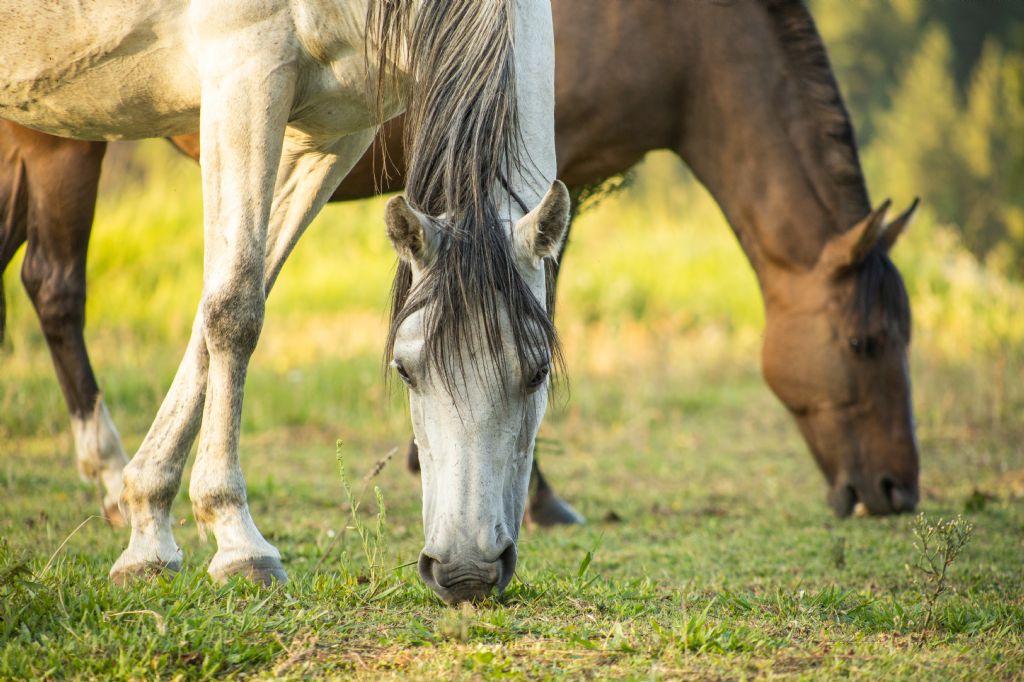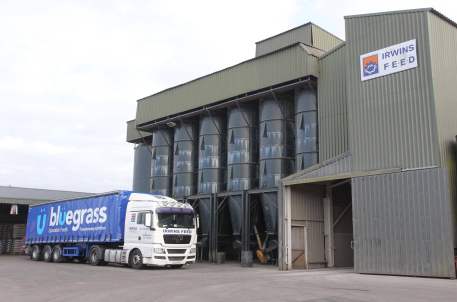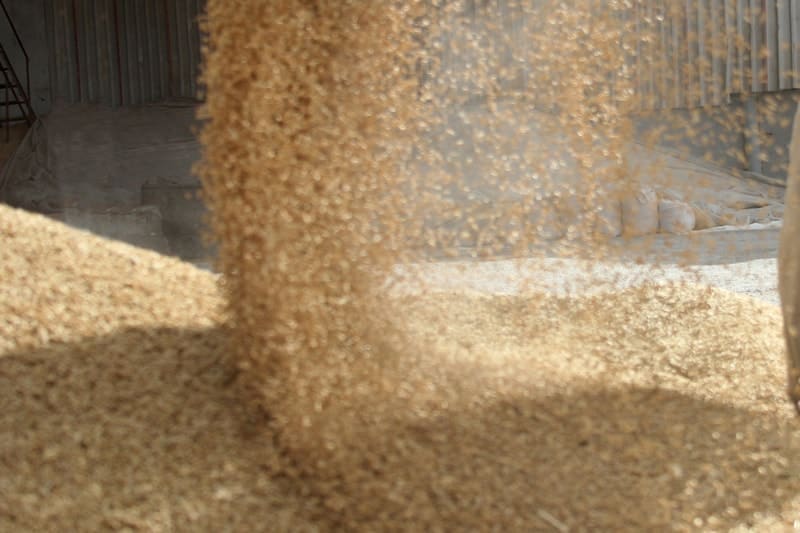Bluegrass News
With the improvement of scientific, veterinary, and nutritional practices, it is a common breeding standard that commercial mares produce a live foal each year. This means many mares will be covered during foal heat or whilst they are still nursing their foal.
Gestation and lactation can be quite hard on mares in terms of energy expenditure and for those being re-bred it is vital that they maintain at a BCS of 3-3.5 to increase the chances of being successfully covered.
As many breeders know it is vital to maintain mares at the correct BCS at all stages of gestation, and for those in late gestation & lactation the diet needs to be fully balanced and be able to meet the mares elevated energy needs. For those lacking condition they may struggle to conceive and maintain a pregnancy, where as it is favourable to have mares on the fleshy side of ideal. Therefore, when developing a feeding regime for your mare it is vital to ensue high-quality forage is fed and a suitable concentrate feed is selected.
Correct nutrition has the ability to boost reproductive health; for good doing mares feeding a concrete balancer such as Stamm-30 alongside high quality forage will provide enough calories and a fully balanced diet to support them right up until late gestation, where if required an additional calorie source can be provided such as Turmash, Flax-Plus or Equi-Jewel. For mares needing additional support feeding a specifically designed stud feed such as Mare Prepare, Stud Mix or Stud Cubes will maintain condition and provide everything, they need to support optimal foetal development.
When choosing a stud feed, it is vital to choose one that is fully balanced and provides high quality proteins particularly high in lysine. Vitamin E is an important vitamin as it can positively influence fertility in broodmares and mares supplemented with vitamin E showed higher antibody concentrations in blood and colostrum, and their foals also had higher levels of antibodies. Gut health also plays a key role in fertility, therefore the inclusion of prebiotics that support the microbiome will help to improve nutrient utilisation within the mare.
Traditionally Omega 3 fatty acids are provided within the diet from the inclusion of flax oil which contains ALA which is broken down into EPA & DHA (omega 3’s). However recent research has shown ALA is not effectively broken down by horses into EPA & DHA, a more effective way to provide this is through the inclusion of Marine Derived Oil. Research has shown mares supplemented with eicosapentaenoic acid (EPA) and docosapentaenoic acid (DHA) had higher levels of progesterone, faster involution of the nonpregnant horn after foaling, and reduced post-breeding inflammatory responses.
With this in mind the Bluegrass Stud feeds contain all of these vital nutrients supporting mares during covering, gestation and lactation. Marine Derived Oil can only be found in our latest product Mare Prepare which is designed to improve fertility, support optimal foetal development, and improve recovery following gestation in preparation for rebreeding.
To find out more on how to effectively feed your broodmare contact the Bluegrass Horse Feed nutritional helpline to speak with one of our nutritional advisors or fill out a Diet Request Sheet












